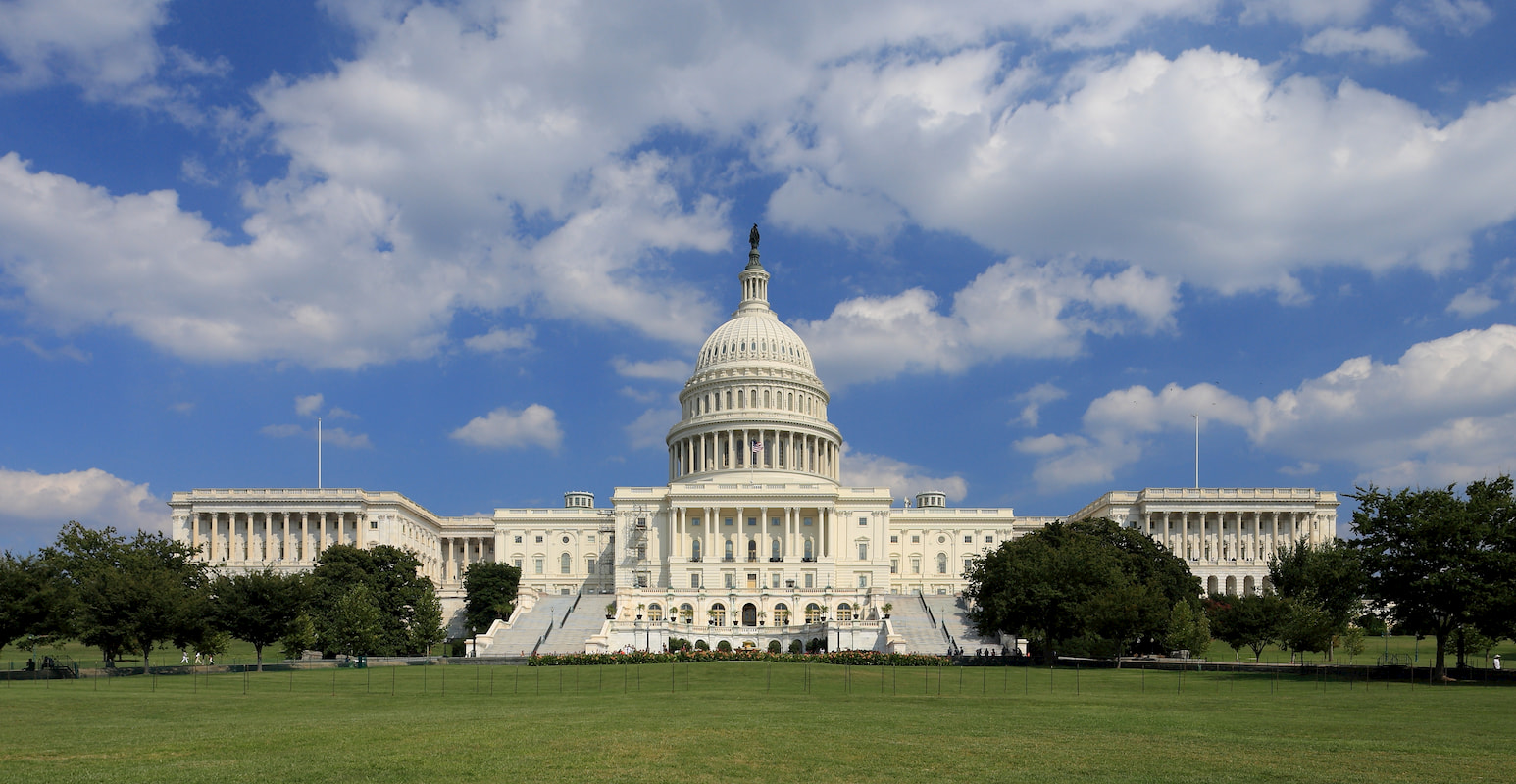Utah Moves One Step Closer to Erasing Transgender People
Utah Gov. Spencer Cox has signed a law banning transgender people from using gender-affirming bathrooms in government-owned buildings.

Utah Republican Gov. Spencer Cox signed a bill into law that bans most transgender people from using bathrooms in government-owned buildings.
Under the bill, transgender people may only use bathrooms or changing rooms — defined to include locker rooms, showers, and dressing rooms — that match their assigned sex at birth.
There is an exemption for transgender people who prove, through documentation, that they have undergone gender confirmation surgery and had the gender marker on their birth certificates amended.
Adults accused of entering facilities designated for a gender that does not match their assigned sex at birth can be prosecuted for “criminal trespass,” which carries a punishment of up to six months in jail and a $1,000 fine.
Those convicted of committing more serious offenses — such as loitering, lewdness, or voyeurism — while in a bathroom designated for the opposite sex can be punished with up to a year in jail and a $2,500 fine.
Under the law, trans youth in public schools are restricted to using bathrooms, shower rooms, and locker rooms that align with their assigned sex at birth, although schools are required to create a “privacy plan” for students who do not feel comfortable using multi-user bathrooms due to their gender identity or fear being bullied or harassed by fellow students.
The law does not impose criminal penalties for transgender youth who violate restrictions on bathroom usage, although school administrators would likely face scrutiny for failing to enforce sex-segregation policies.
The bill requires new government buildings to have single-occupancy bathrooms that transgender individuals would be permitted to use. However, the existence of single-occupancy facilities does not negate the necessity for multi-user facilities that are segregated based on biological sex.
Additionally, any government institutions that do not enforce the rules or maintain sex-segregated facilities can face fines for failing to enforce the law, and any alleged violations will be investigated by the state auditor.
“We want public facilities that are safe and accommodating for everyone and this bill increases privacy protections for all,” Cox said in a statement after signing the bill, which took effect immediately.
Supporters of the law have claimed its passage was necessary to prevent male predators seeking to harm women and children from entering female-designated spaces by claiming to be transgender women.
“Let’s be clear, sexual assault knows no boundaries. Keeping men from women’s spaces is an appropriate and much needed boundary in Utah and across America,” State Rep. Kera Birkeland (R-Morgan), the bill’s sponsor, wrote in a post on X. “Nobody is calling out the transgender community for crimes against women.”
LGBTQ advocates say the bill is not only discriminatory, but will empower individuals to report others to law enforcement, potentially leading to false accusations against cisgender women who fail to conform to stereotypical gender norms in terms of dress and appearance.
While the bill does have provisions that claim to punish people who serially make false reports of “trespassing,” critics of the law argue that those provisions may not be enforced by local prosecutors with anti-transgender animus.
“[The law] is not going to protect people who may be trans or who may be masculine-presenting or feminine-presenting,” warned Salt Lake County District Attorney Sim Gill, an opponent of the law, according to Axios.
Not content to focus on bathroom or locker room use alone, the Republican-backed bill purports to bolster protections guaranteed under the federal Title IX law by ensuring that single-sex female sports teams receive nearly equitable funding, and are granted equal access to athletic facilities, as their male peers.
However, without expressly saying so, the bill also indirectly champions banning transgender athletes from female sports teams, arguing that the state has an interest in keeping sports teams segregated on the basis of biological sex.
Cox previously vetoed a law banning transgender athletes from female sports teams, only to have the Republican-dominated legislature override his veto. That law was subsequently challenged in court, and has been blocked from being enforced by a federal judge.
Perhaps most troublingly, the newly-approved “bathroom ban” law also contains provisions that clearly define various gender-specific terms, such as “female,” “male,” “mother,” or “father,” as being based on a person’s biological reproductive system.
Critics argue that this constitutes erasure of transgender people from legal statutes, and will be used as justification for pushing other laws aimed at restricting transgender visibility in the future.
The law’s enactment makes Utah the tenth state to push through some form of restriction on transgender bathroom usage, though most states’ bans primarily focus on students in K-12 schools. Utah becomes only the second state, after Florida, to ban adults from bathrooms in all schools, colleges, and government-owned buildings and set up potential criminal penalties for using facilities that don’t match their assigned sex at birth.
The law is the first piece of legislation this year targeting transgender restroom use, according to the Human Rights Campaign, which denounced the bill’s passage.
“This bill is an invasion of the privacy of Utahns,” HRC President Kelley Robinson said in a statement. “No student should be denied access to the bathroom that aligns with who they are. No one should fear harassment in the most private of settings. Period.”
Support Metro Weekly’s Journalism
These are challenging times for news organizations. And yet it’s crucial we stay active and provide vital resources and information to both our local readers and the world. So won’t you please take a moment and consider supporting Metro Weekly with a membership? For as little as $5 a month, you can help ensure Metro Weekly magazine and MetroWeekly.com remain free, viable resources as we provide the best, most diverse, culturally-resonant LGBTQ coverage in both the D.C. region and around the world. Memberships come with exclusive perks and discounts, your own personal digital delivery of each week’s magazine (and an archive), access to our Member's Lounge when it launches this fall, and exclusive members-only items like Metro Weekly Membership Mugs and Tote Bags! Check out all our membership levels here and please join us today!



























You must be logged in to post a comment.